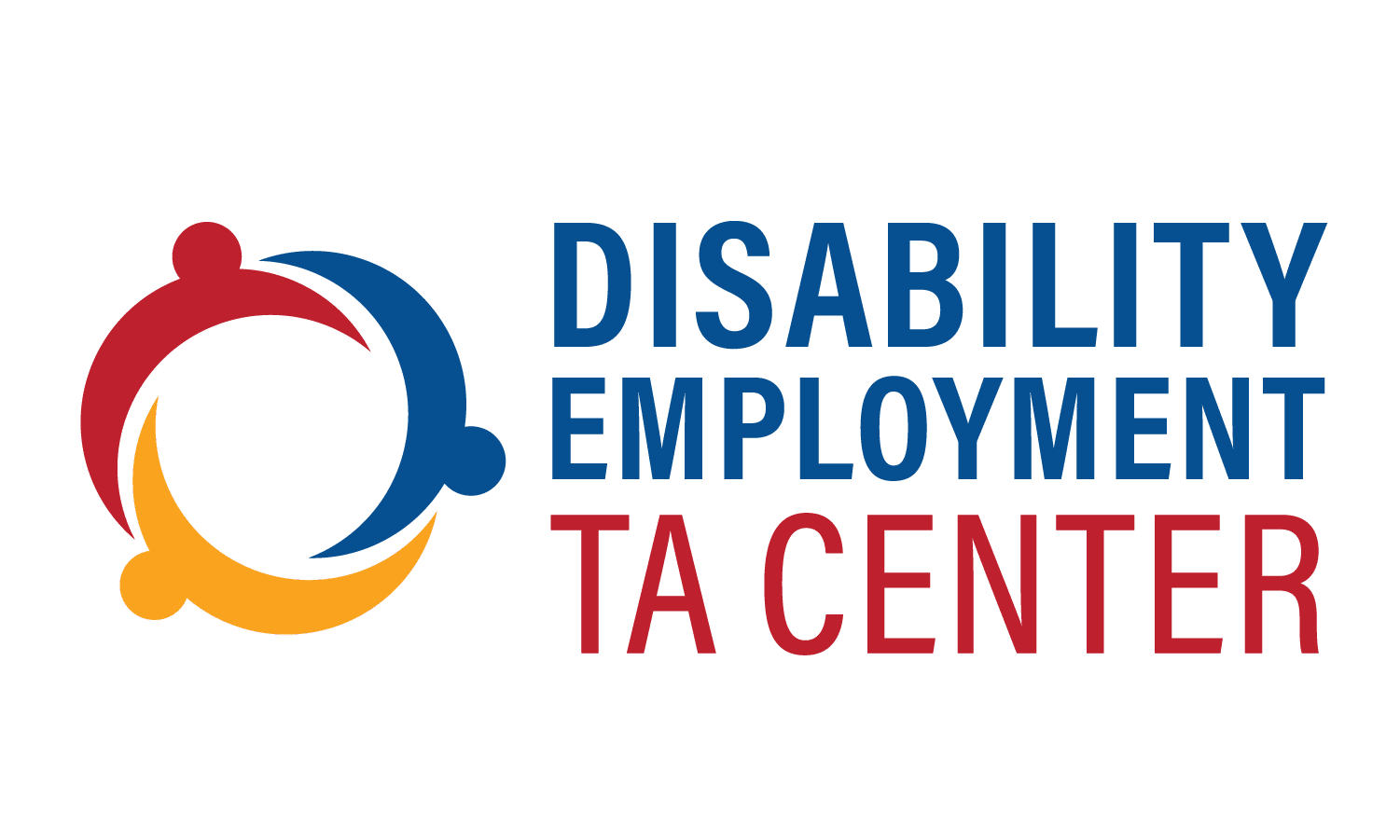Twenty years after the ADA was enacted, and more than a decade after the Olmstead case was decided, no one had challenged publicly-funded employment programs as a violation of the ADA’s integration mandate. That all changed in 2012. A federal court in Oregon held that the State could not unnecessarily segregate persons with disabilities in sheltered workshops, and must provide its employment services in integrated settings. While the State could not be compelled to guarantee a job, it was required to provide individual support employment services that would allow people to obtain Competitive Integrated Employment (CIE).
After two more years of litigation, Oregon finally entered into a Settlement Agreement that mandated dramatic reforms to its development disability (IDD) system, its vocational rehabilitation (VR) program, and its transition planning in local school districts. The Agreement required the State to provide employment services to almost 5,000 individuals, at least half of whom must be youth who receive VR plans; to ensure that over 1,100 individuals obtain CIE; that all individuals with disabilities receive employment assessments and Career Development Plans; and that everyone who wants to work in an integrated setting is offered the supports to do. It banned new admissions to sheltered workshops, required a 50% reduction in the number of persons in workshops, and provided funding to transform workshop providers into supported employment programs. Finally, it created competency standards and training programs for employment professionals, increased funding and rates for supported employment service providers, and established a data collection and reporting system.
Six years later, Oregon has made substantial progress in implementing the Agreement. Because of the convergence of the Agreement, a new federal law (the Workforce Innovation and Opportunities Act or WIOA), and a new federal Medicaid regulation (the Home and Community Based Services Settings Rule), Oregon decided to close all of its workshops. The last remaining person with a disability receiving services in a sheltered workshop transitioned into community-based employment and supports in March of 2020.
A similar legal agreement with similar provisions and outcomes was approved by a federal judge in Rhode Island. With these precedents established, and potential new ADA cases looming, several states opted to begin phasing down their sheltered workshops. Some states have enacted legislation banning sub-minimum wage. Many states have Employment First policies and initiatives designed to prioritize integrated employment, and encourage people to explore CIE. The law is clear: sheltered workshops are segregated settings that are unnecessary. The facts are clear: sheltered workshops pay people with disabilities a pittance for their labor, and are unlikely to lead to a real job in the community. And the trend is clear: in light of the requirements of the ADA, and the sordid history of sheltered workshops, people with disabilities should be – in fact, must be – provided the opportunity and supports to work in Competitive Integrated Employment.
It is important that federally-funded Protection & Advocacy entities, as well as other programs funded through the Administration on Disabilities (AoD), understand the legal framework and historical context for the systems reform efforts to improve access to CIE for individuals with disabilities receiving publicly-financed supports. My colleague, Ruby Moore of the Georgia Advocacy Office, and I recently co-authored a technical resource entitled, “Ending Segregated Workshops and Promoting Competitive Integrated Employment: Legal Foundations for Protection and Advocacy Entities.” This is the first in a multi-series of technical resources we are developing under the Disability Employment TA Center to inform and educate P&A personnel and the larger AoD grantee network. We hope you find this resource useful. We invite you to join us in assuring that stakeholders understand that the law and the facts support CIE, full community inclusion, and independent living as the preferred outcomes of publicly-financed services.

